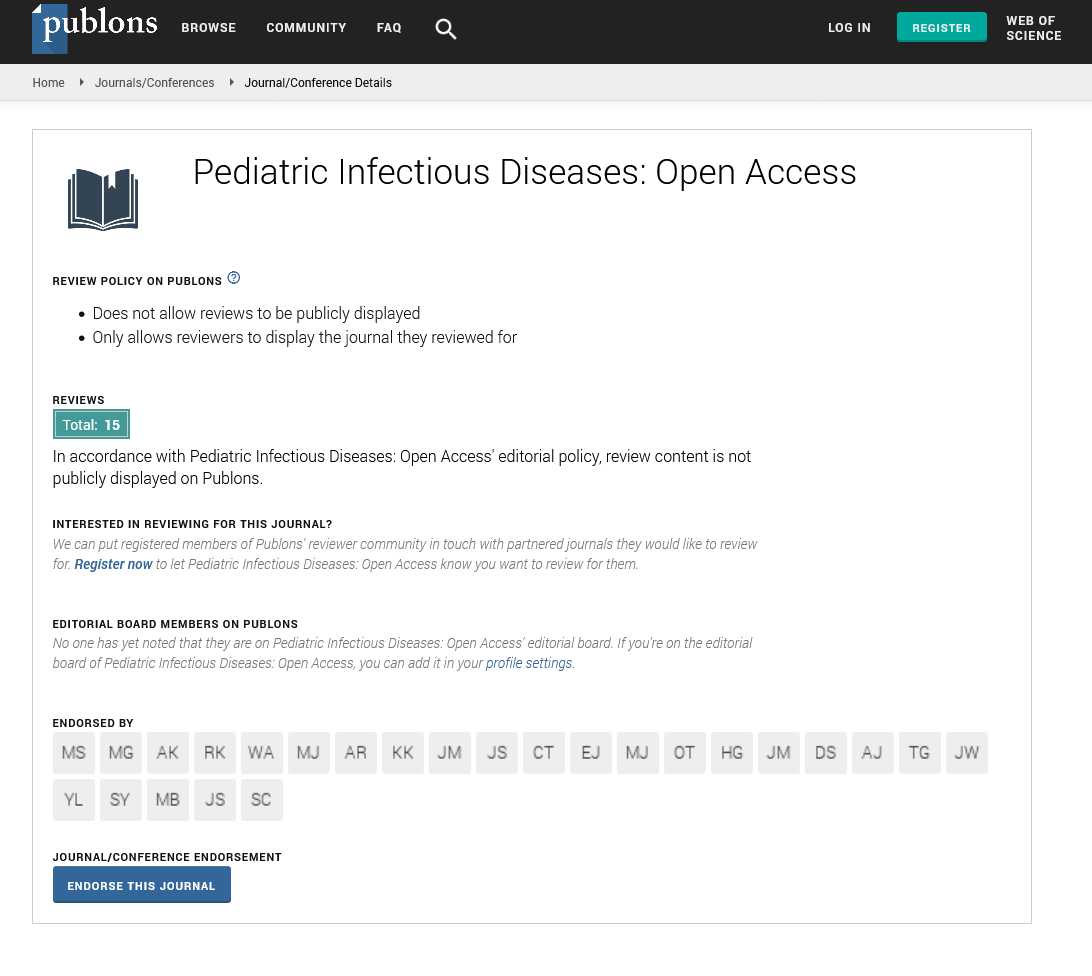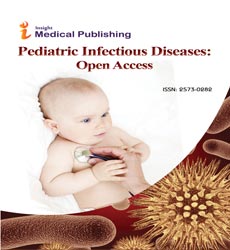Abstract
Rights of Children & Safety
Children are recognised as complete persons, and they have legal and constitutional rights that are independent of those of their parents. When children are too young to care for themselves, parents or their substitutes are required to provide food, clothing, shelter, education and medical care for them. They also are expected to provide love, support and protection. If children are at risk such as when neglected or abused, other persons, such as neighbours, relatives and nurses as professional persons, are legally mandated to report these problems and to intervene for help. For those children who are physically or mentally handicapped the government has established some additionally rights. Are the right to live in as normal a setting as possible, the right to equal opportunity for public education, the right to equity medical care and right to receive it in the least restrictive setting. The right to equal employment opportunities the right not to be sterilized even if parents give their consent, and the right to have legal counsel at the time of commitment hearing. Children do have the right to express their desires when decisions are made about them, in divorce proceedings, when custody of the children is at stake, the court often appoints separate legal counsel for children. Children also have right to state a preference concerning the parent with whom they would prefer to live. Adults who are competent and able to give consent of various procedures, but children may or may not be permitted to do so. Parents do not have the legal right to withhold medical care from a child. When medical treatment or nursing care is considered, the child consent as well as that of the parent is very important. Only in this way can cooperation be obtained. If the parents refuse to give the consent for a certain treatment such as blood transfusion, because of religious belief, the child may give consent or the court may assume this responsibility. The child is considered able to give consent if old enough and mature enough to know fully the significant of the decision and the consequences of the particular action. When a dilemma arises, in the matter of consent it is vitally important to have all concerned meet together, identify the issues, and attempt to agree on an action. The nurse who responsible for care of the child within the family constellation is also responsible for being the child advocate if questions arise concerning individual rights. Children have right to know who is responsible for their care, including all members of their health and nursing team. They have the right to answer to their questions concerning diagnoses and treatment in language they can understand. If other person wish to observe treatment but are not actually involved in the care given, children have the right to ask them to leave. Confidential information that shared between the child and the nurse is not disclosable except to those persons the child designates. Whether or not the child is able to make decisions about sharing privileged information is determined on the basis of the child age and level of maturity. If information concerning medical treatment of child is needed by a third party usually the parents have the right to give such consent. The parent are informed about the treatment and the progress made, but details of any interaction in treatment between any health professional and the child are not divulged to them.
Author(s): Azeb Atenafu
Abstract | Full-Text | PDF
Share this

Google scholar citation report
Citations : 230
Pediatric Infectious Diseases: Open Access received 230 citations as per google scholar report
Pediatric Infectious Diseases: Open Access peer review process verified at publons
Abstracted/Indexed in
- Google Scholar
- China National Knowledge Infrastructure (CNKI)
- Cosmos IF
- Secret Search Engine Labs
Open Access Journals
- Aquaculture & Veterinary Science
- Chemistry & Chemical Sciences
- Clinical Sciences
- Engineering
- General Science
- Genetics & Molecular Biology
- Health Care & Nursing
- Immunology & Microbiology
- Materials Science
- Mathematics & Physics
- Medical Sciences
- Neurology & Psychiatry
- Oncology & Cancer Science
- Pharmaceutical Sciences


